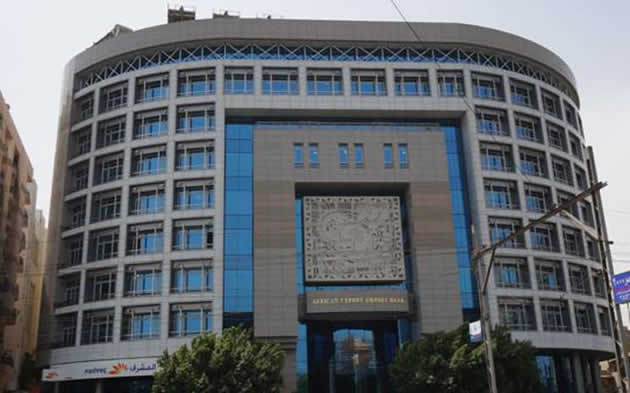EDITORIAL COMMENT: Encourage farmers to use plastic money

The recently launched National Financial Inclusion Strategy (NFIS) has very good intentions given the cash crisis obtaining in the country. The strategy, a brainchild of the Reserve Bank of Zimbabwe, has seen tobacco farmers being paid through the banks instead of getting cash at the auction floors. The RBZ made it easier for tobacco farmers to open bank accounts upon production of a tobacco growers’ number and the national ID. This has meant that farmers, who had previously been used to getting spot cash payments, now have to get the money through the bank.
The Minister of Finance and Economic Development Patrick Chinamasa has been encouraging Zimbabweans, farmers included, to use plastic money as one of the ways to address the liquidity challenges facing the economy.
We believe that it will continue to be difficult to address the liquidity crunch as long as the economy remains cash based. The use of plastic money needs to be vigorously encouraged.
Accessing money through the bank is a very good thing not only for tobacco farmers, but everyone as it ensures security and peace of mind considering that many farmers were losing their hard-earned cash to thieves at the auction floors.
There are, however, reports of delay in payments and difficulties farmers are facing accessing their money at the banks. Granted the country is facing liquidity challenges, but the RBZ, in our opinion, needs to educate farmers on banking so that, at the end of the day, they are equipped with the necessary financial literacy to allow them to make responsible financial decisions.
The cash challenges and the difficulty tobacco farmers have encountered in accessing their money has made many of them to start viewing banking in very bad light. To most of them, banking does not enable them to access their money when they need it and therefore would prefer spot cash payments.
The RBZ needed to educate the farmers on what banking entails and the challenges they were likely to encounter given that the economy is going through a liquidity crunch. Most farmers are now disillusioned with banking because they have been made to stay in Harare days after selling their tobacco waiting for payment.
They did not anticipate these hassles when they opened bank accounts, especially considering that they had been used to cash payments on the spot. We do not want our farmers to start thinking getting paid through the bank is not a good thing at all at a time we are trying to encourage the use of plastic money.
The delayed payments have been caused by the cash crisis and farmers needed to be made aware that the challenges were only temporary and that is not what banking is all about. It is unfortunate that right now farmers’ initiation into banking has been with a lot of hassles which has made them to now view banking in a very negative way.
Let us take our farmers through the banking process so that they understand that there can be technical hitches that can delay processing of their money. At the end of the day, it must be borne in mind that being paid through the banks is in the best interests of the farmers.
Having an account with a bank means farmers can access the various products that banks offer, including the several loan facilities.
It is our hope that Government would consider extending financial inclusion to other crops such as soyabeans, maize and wheat.
Let us all tackle the liquidity crunch by encouraging the use of plastic money.








Comments